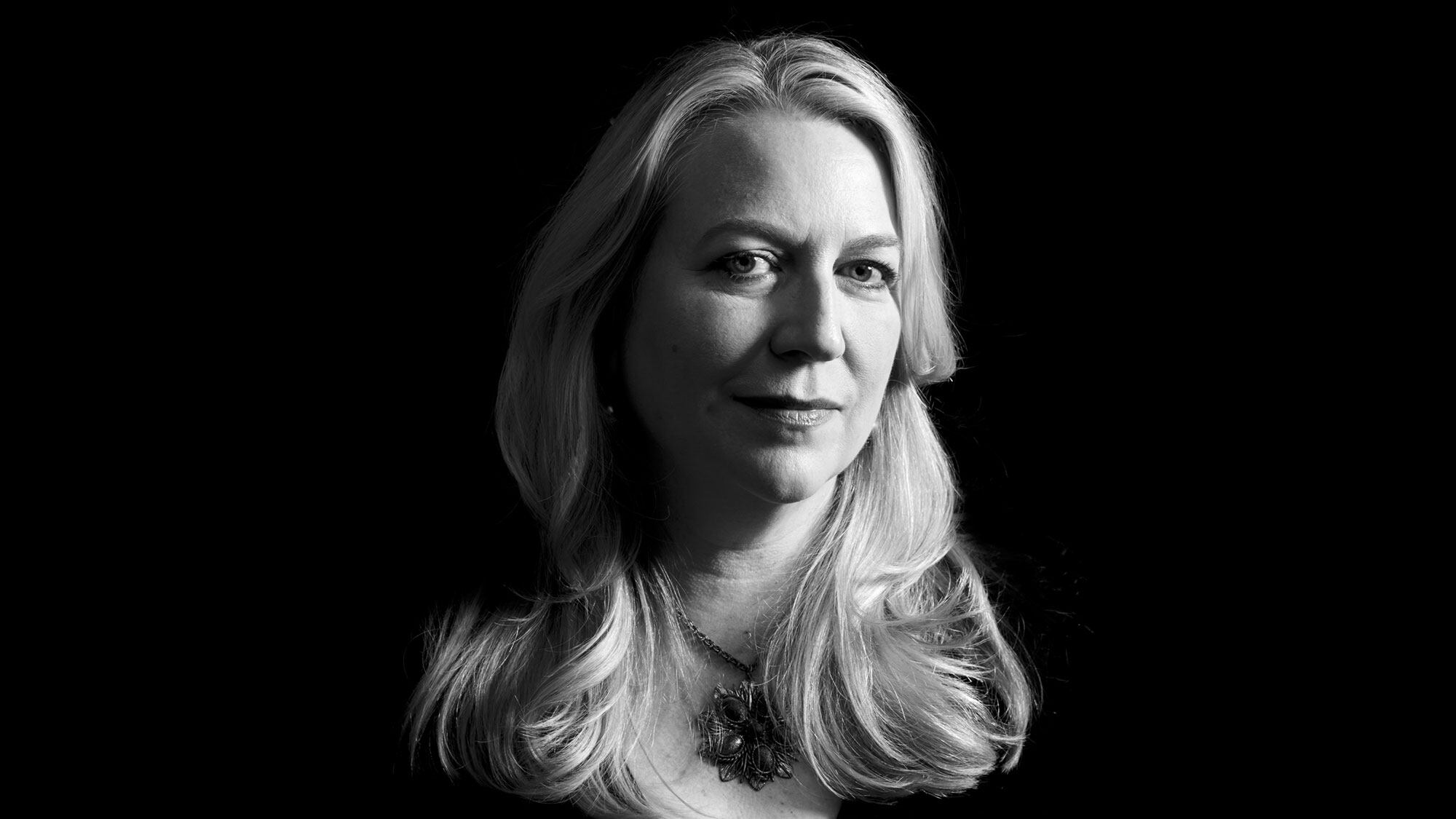Cheryl Strayed talks about charitable donations like it's a spiritual practice.
Given Strayed's literary career, it seems fitting. Since the Portland writer's soul-searching memoir Wild launched her to international acclaim and the top of The New York Times Best Seller list in 2012, Strayed has become an icon of empathy. Even before she achieved literary fame, Strayed was an anonymous, unpaid advice columnist under the moniker Dear Sugar. More recently, Strayed and a team of fellow writers that included Elizabeth Gilbert and Brené Brown launched a social media campaign to raise money for refugees around the world.
So it's not exactly surprising Strayed sees her writing career and her charitable donations as closely intertwined.
Even before Wild became a best-seller and a movie starring Reese Witherspoon, Strayed felt a need to give back. G!G talked to Strayed about how her giving style has changed over the years and how generosity provides a sense of agency. If stories are a source for empathy, giving is an outlet.
G!G: You were active with nonprofits well before your success with Wild. What advice do you have for people who don't feel like they have enough to give?
Cheryl Strayed: Your gifts matter. Those $10, $20 contributions aren't a lot in isolation, but combined with many other people, it does actually add up to a lot. You're part of something larger than yourself, which I think is always powerful. You are saying their work matters. I've always approached giving in that way. I look at what have I made this year and [decide] what percentage I want to give back to the community. And I did that even when any reasonable person would have looked at my income and said, "Well, you don't have a penny to spare." But I think that's not true. Most of us are able to give at least something, and so I always did.
What sort of issue were you drawn to support early on?
In my younger days, I think a lot of my giving was focused on reproductive rights. I'm one of those people where my giving has been representative of the thing I'm most passionate about, and those things are feminist issues, women's rights, reproductive rights, the environment and wilderness issues and, of course, things like education, the arts, humanities. If you traced my giving back to those years, you'd probably find three buckets where I gave the most. And then now what's happened, now that my life has expanded and my consciousness has expanded about what it means to be a citizen, so has my giving. So now, I'm also giving to organizations that help refugees and immigrants.
Does your work as a writer impact how you see giving?
The truth is, I care about everything and everyone. I think as a writer, once you know somebody's story, it's hard not to feel empathy for them. It's never that I don't care, it's that my sense of empathy is expanded with every bit of information, every story I hear.
Does giving help manage all that caring?
People ask me all the time about my work at Dear Sugar. I have, at this point, thousands of letters from people who are struggling and sometimes telling me devastatingly sad things. So often, people will ask me, "Doesn't that feel like a burden? Isn't that a weight on you?" The answer has always been really clear to me that in engaging with it and writing that column or making that podcast, I'm helping. So it doesn't feel like a burden, it feels like I'm doing something. I might not be able to completely eradicate the person's problem, but the act of doing something in response to despair is powerful. It's so much better to be doing something rather than running around panicking.
Did your literary success affect your giving style?
It was the first time in my life I had actually money that I could pay my bills and actually have more to give. My husband and I had these deep conversation about who do we give to and why. So many people told us, "You're going to be overwhelmed with requests. There are so many good causes to support. You should each just choose one or two you feel passionate about and put all your money in to that." I think that is a fine plan, but that's just not a fit for us. My husband and I donated to 57 nonprofits in 2017. Some of those were $50, and some of those were bigger. Our giving style is to say, "We care about a lot of things."
Do you have a similar philosophy toward your writing?
When I sit down to write, I'm driven by this desire to create a beauty of words or story or language, and yet I think the larger reach of my vision is always to make people feel less alone, that you get to actually understand the life or perspective of someone who's not you. I do ultimately believe all art making is an act of empathy. And I do think there's a connection between generosity and your capacity to empathize with others.
So, is it fair to say you think the act of generosity is more important than the style?
Yeah, I do. The point is to do it. Sometimes people can feel a little bit paralyzed, especially people who don't have that much to give. That $10 contribution you have to sacrifice just two frappuccinos for, that's something that's going to contribute to your own emotional well-being. At the same time, you're being generous with others.
Outside of giving, what advice do you have for people who are trying to be good citizens?
Many years ago, I worked for the Boys & Girls Aid society in Portland. I was a youth advocate for this program called GLAD, which was Girls' Leadership and Development. We were trying to empower the girls and educate them about sex and birth control. All of these girls lived in poverty and they all had hard lives. One of the things we did [as a group] was volunteer. We'd buy all these sandwich makings, and we had the girls make lunches that we would bring to a homeless shelter. We asked the girls to make a lunch they would like to eat and decorate the bag and write a note to the person who was going to be the recipient of this lunch. One of the things that struck me most was, here were these girls that were actually in need and every time we did any kind of project where they were helping somebody else, they were the happiest and strongest I ever saw them. That's what generosity does — it reminds us of our own strength and our own opportunity to give instead of receive. So, be generous.
Connect with some of Portland's most impactful non-profits at giveguide.org.

